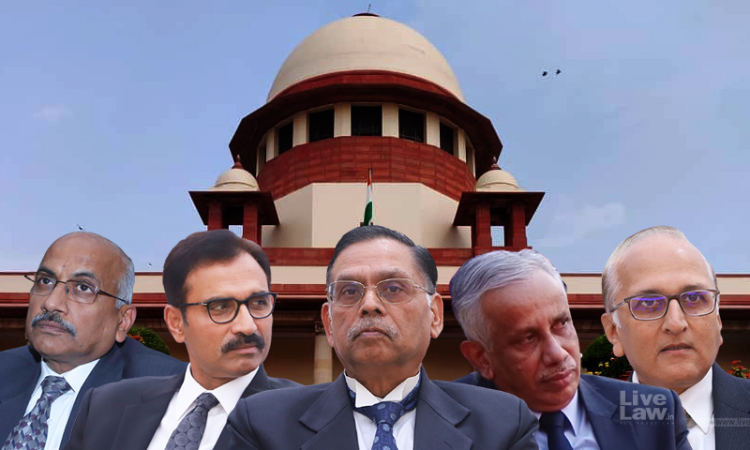Maratha Quota: Constitution Bench of Supreme Court To Begin Final Hearing From 8th March
Radhika Roy
5 Feb 2021 12:32 PM IST

Next Story
5 Feb 2021 12:32 PM IST
A Constitution Bench of the Supreme Court on Friday fixed the dates for hearing of the challenge against the constitutionality of the Maharasthra Socially and Educationally Backward Classes (SEBC) Act, 2018, which provided for a quota to Marathas in jobs and education.The Bench headed by Justice Ashok Bhushan has directed for hearing to commence on 8th March and to be concluded by...
